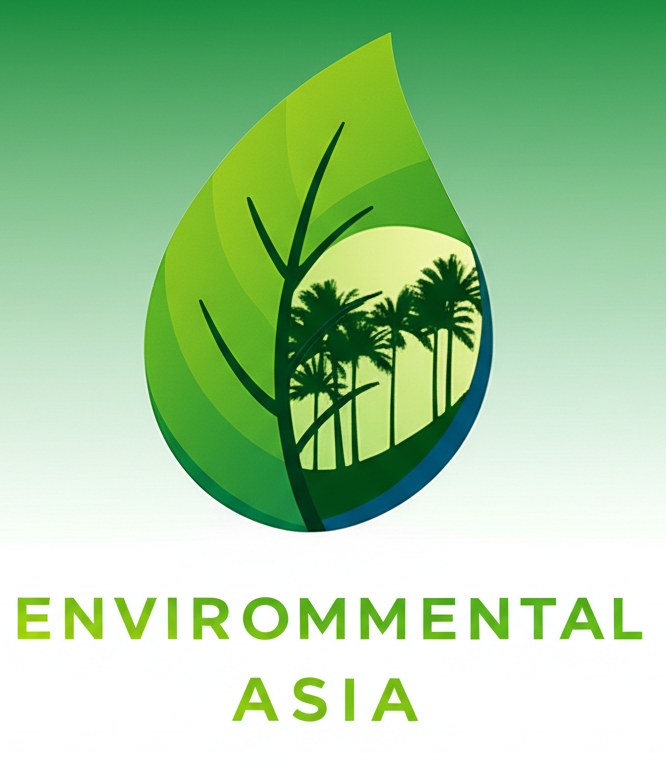Source of Picture https://www.nowjakarta.co.id/indonesias-tea-plantations-steeped-in-beauty/
Tea plantation project at the foot of Mount Salak, which is currently under development and has export market potential to Malaysia, America, and Europe.
This project is almost certainly under the management of PT Perkebunan Nusantara VIII (PTPN VIII), which has now been regionalized into PTPN I Regional 2 (Sub-Holding Supporting Co). Historically, PTPN VIII has been the most extensive tea plantation operator in West Java, including the Mount Salak area and its surroundings.
Here is further information regarding PTPN’s tea plantations in the Mount Salak area and the context of its export cooperation development:
Although there is no single plantation specifically named “Gunung Salak Tea Plantation,” the PTPN VIII units located on the slopes and foothills of Mount Salak (Bogor and Sukabumi Regencies) include:
- Cianten Plantation (Kebun Cianten): Located at the foot of Mount Halimun Salak, Leuwiliang, Bogor. This plantation is known for its scenery and is situated at an altitude of 800 – 1,000 meters above sea level (mdpl).
- Parakansalak Plantation (Kebun Parakansalak): Historically, this plantation is recognized as the precursor to modern tea plantations in Java. Its name is often associated with Park under Salak (the slopes of Mount Salak).
- Gunung Mas Plantation (Kebun Gunung Mas): Although closer to Puncak/Cisarua, this is the most famous PTPN VIII tea plantation unit in Bogor and often serves as a benchmark for the development of downstream products and agrotourism.
2. Legal Status of the Land
The land use being under PTPN (State-Owned Enterprise/BUMN) indicates that the development of this tea plantation is most likely carried out through a formal partnership scheme (such as farmer partnerships or operational cooperation) with PTPN. This is a common model adopted by PTPN to increase land productivity and involve the community.
Context of Product Development and Export Potential
The project is highly relevant to PTPN’s overall export strategy, which emphasizes value addition and global market penetration:
1. PTPN VIII Export Focus
In general, PTPN VIII, now PTPN I Regional 2 is one of the largest black tea exporters in Indonesia.
- Main Markets: PTPN ‘s export destinations include the Middle East, Asia (including Malaysia), the United States (USA), and Europe. This aligns with the promotional opportunities being considered.
- Products: Exported tea is dominated by black tea (main grade) in the form of dried leaves (bulk), but there is currently a strong push to diversify products and produce premium tea (specialty tea), which commands a higher selling price.
2. Requirements for the European Market
To be accepted in the European market, the premium tea products from the plantation must meet very strict standards:
- Quality and Sustainability Certification: The European market demands international certifications such as:
- ISO 22000 (Food Safety Management System).
- Rainforest Alliance or Ethical Tea Partnership: Guaranteeing sustainable social and environmental practices.
- Halal (if relevant).
- Product Traceability: European consumers pay close attention to the origin of the tea and its supply chain. Partnership with PTPN can help, as PTPN generally has more established traceability systems.
3. Development of Marketing Cooperation
The PTPN Group is actively seeking partnerships to expand its market share:
- BUMN Synergy: PTPN has collaborated with Food (State-Owned Food Holding) and Hotel Indonesia group (HIG) to strengthen the brand awareness of national tea products in the domestic market.
- International Partnerships: PTPN also establishes strategic synergies with foreign tea companies (such as the Chinese company, Yang Lou Dong) to increase its contribution to the global tea industry and export market penetration.
Conclusion:
The project falls under the PTPN umbrella, granting access to extensive land. However, its main challenge is improving product quality to a premium level and obtaining the necessary sustainability certifications to penetrate the European market. PTPN itself is currently working to optimize this through various partnerships.











